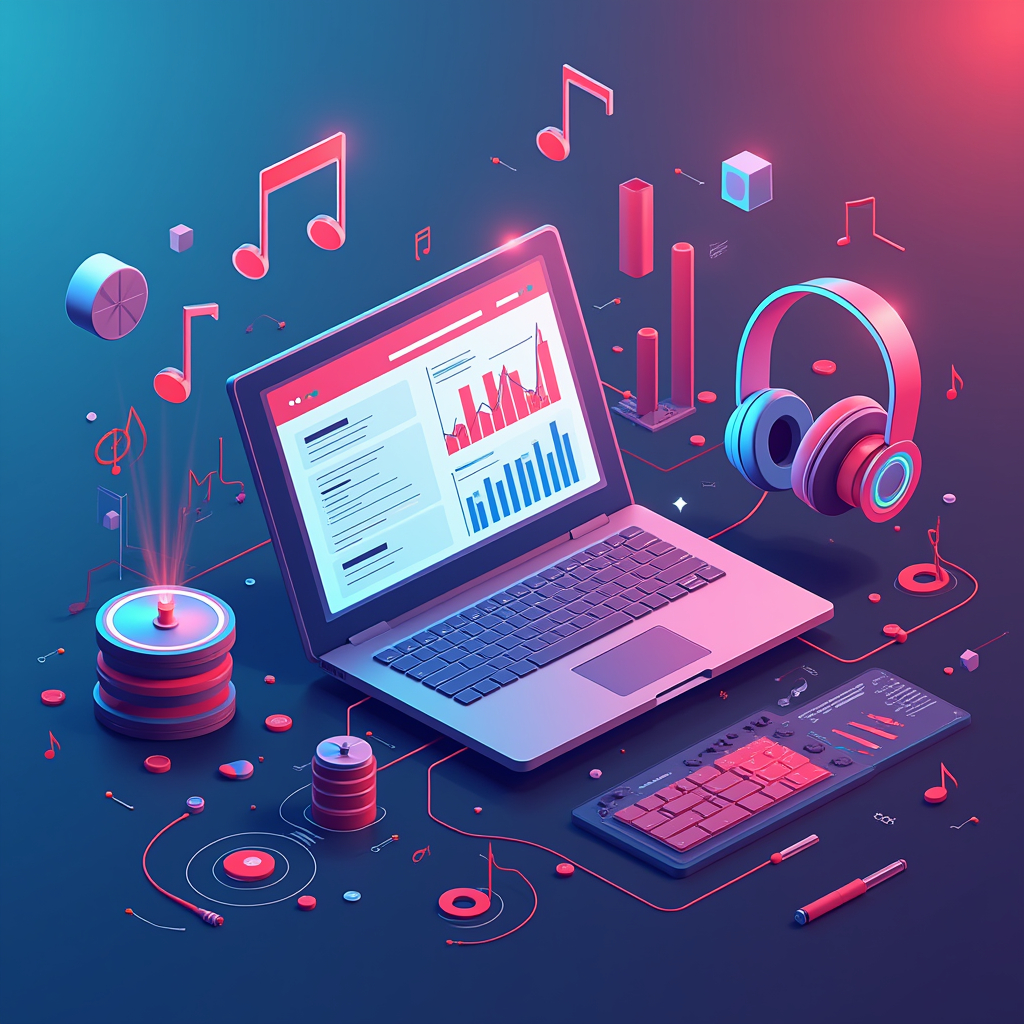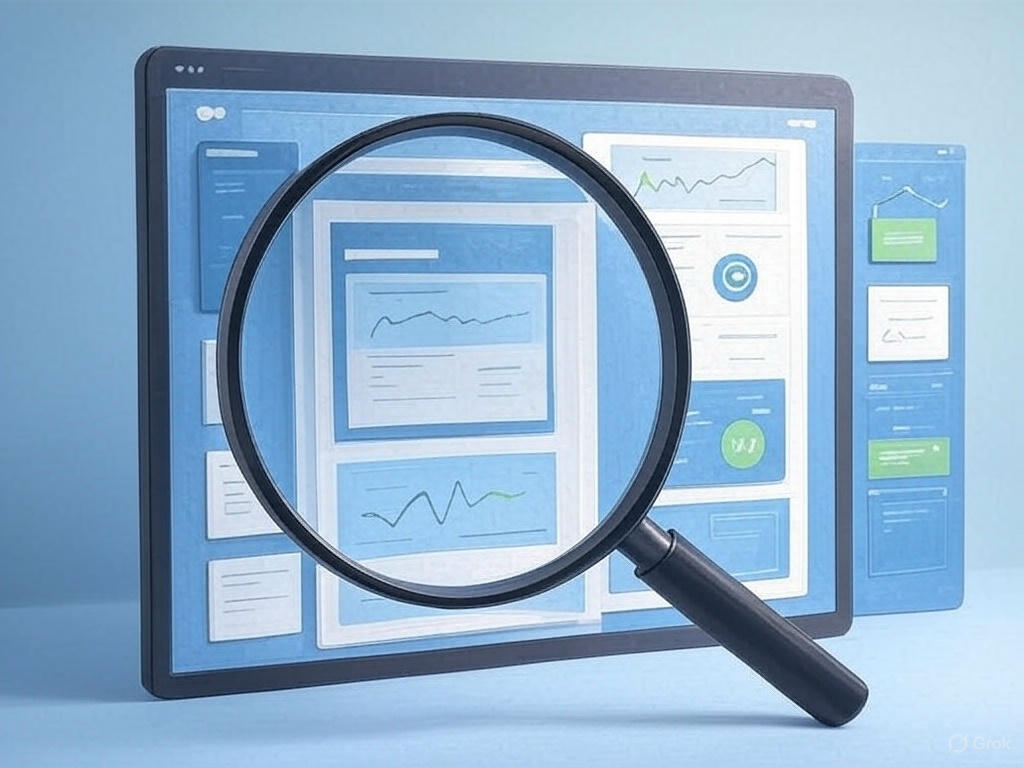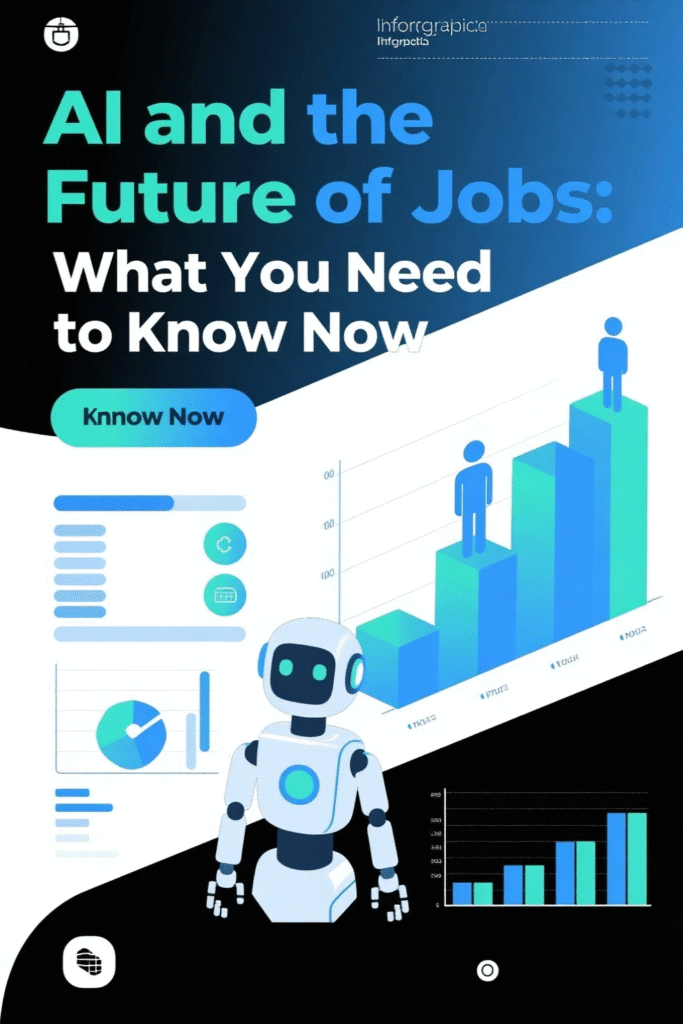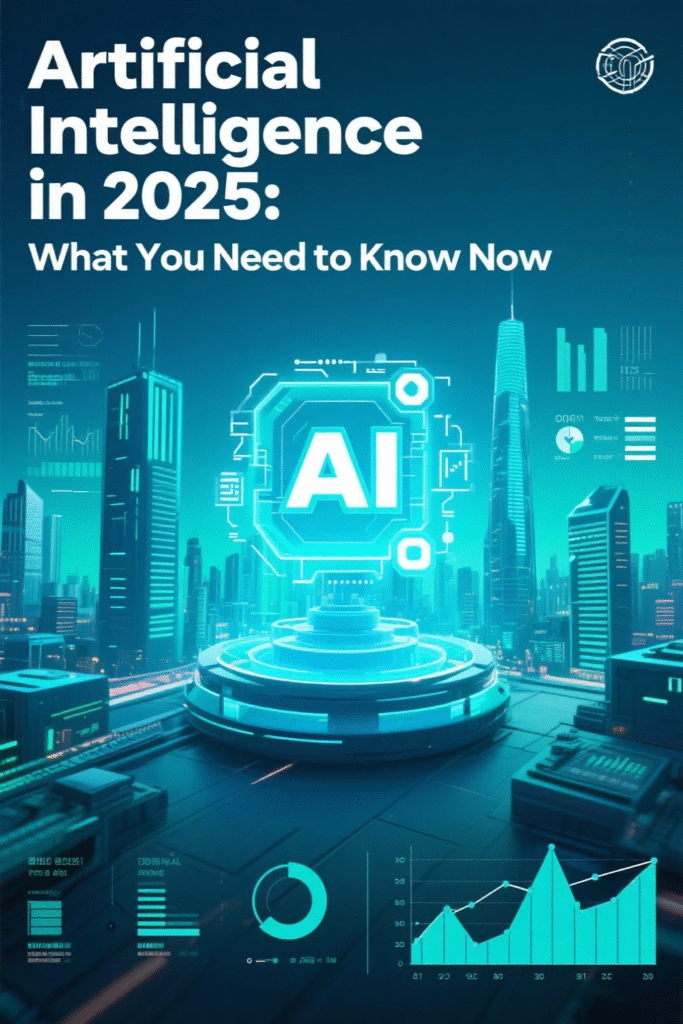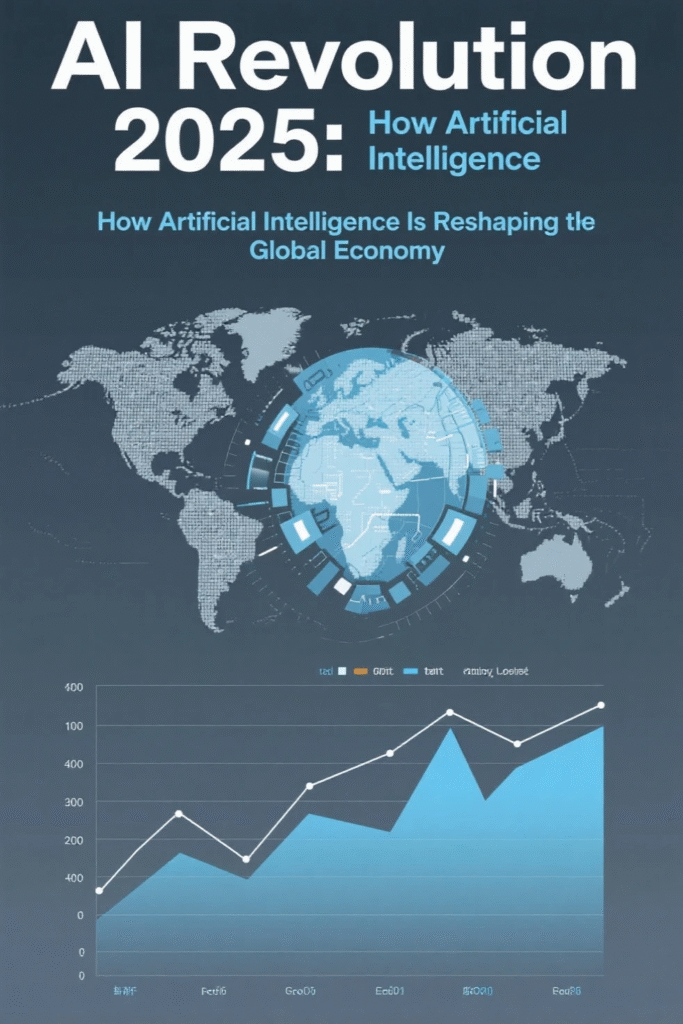
By Bizbuzzup
Introduction
In 2025, quantum computing will no longer be just a theoretical concept confined to labs and whiteboards. It’s rapidly becoming a cornerstone of the next wave of technological transformation, poised to revolutionize everything from cryptography and finance to drug discovery and logistics.
While traditional computers process information in bits (0s and 1s), quantum computers use qubits, which can represent multiple states simultaneously thanks to quantum superposition and entanglement. This gives quantum machines the potential to solve complex problems millions of times faster than classical systems.
1. What Is Quantum Computing?
At the core of quantum computing are three key concepts:
- Qubit: Unlike classical bits, qubits can be in a state of 0, 1, or both simultaneously (superposition).
- Entanglement: When qubits become linked, the state of one instantly affects the other, no matter the distance.
- Interference: Quantum systems use interference to amplify correct answers and cancel out wrong ones.
This means quantum computers don’t just try every possibility—they compute in parallel, which opens the door to breakthroughs in areas beyond the reach of conventional computers.
2. The State of Quantum Computing in 2025
🧪 Breakthroughs
- IBM released a 1,121-qubit processor named Condor, enabling more complex algorithms.
- Google Quantum AI achieved “quantum advantage” on more real-world problems.
- China announced a photonic quantum computer that outperformed supercomputers in select calculations.
💡 From Experiment to Application
Quantum computing is still in its early stages, but in 2025, several companies will already be using quantum simulators and hybrid quantum-classical systems to solve narrow, yet crucial problems.
3. Key Applications and Industry Impact
🔐 Cybersecurity
Post-quantum cryptography is now a global priority. Quantum computers can potentially break RSA encryption, so governments and businesses are shifting to quantum-resistant algorithms.
💊 Healthcare & Drug Discovery
Quantum computing allows the simulation of molecular interactions with unprecedented accuracy. Companies like Qubit Pharmaceuticals and Biogen are using it to accelerate cancer and Alzheimer’s drug design.
💹 Finance
Quantum models help optimize portfolio risk, detect market anomalies, and predict global trends more effectively. Firms like Goldman Sachs and JPMorgan are investing heavily in quantum R&D.
🚛 Logistics & Supply Chains
Quantum algorithms can optimize routes, inventory, and delivery in seconds, replacing traditional heuristic models. DHL and FedEx are testing early quantum software in their systems.
🌍 Climate and Sustainability
Simulation of chemical reactions for carbon capture and efficient energy storage. Quantum machine learning helps model complex climate systems and weather predictions.
4. Global Quantum Race: Who’s Leading in 2025?
- 🇺🇸 United States: IBM, Google, Microsoft, and startups like Rigetti are leading innovation.
- 🇨🇳 China: Major government investment in photonic and superconducting quantum computers.
- 🇪🇺 European Union: The Quantum Flagship Program funds €1 billion in quantum research.
- 🇨🇦 Canada: Home to D-Wave Systems, pioneers in quantum annealing.
🌐 Collaborations: Quantum alliances are forming across borders to standardize protocols, software, and ethics.
5. The Challenges of Quantum Computing
- 🧯 Error Correction: Qubits are extremely fragile and prone to noise. Scientists are developing error correction algorithms that require thousands of physical qubits to make one logical qubit.
- 🔋 Infrastructure: Quantum computers need ultra-cold environments and specialized materials.
- 🔐 Security Risks: The Potential to break current encryption threatens global data security.
- ⚖️ Ethical Use: Quantum computing could widen the digital divide and raise concerns about national security, AI acceleration, and economic imbalance.
6. How to Stay Ahead in the Quantum Era
- 🧠 Learn the Basics: Free courses from MIT, IBM Quantum, and edX offer beginner-friendly content.
- 💼 Explore Career Paths: Fields like quantum software, security, and algorithm design are booming.
- 🧪 Try Real Quantum Machines: IBM Quantum and Google Cirq offer cloud-based access to real quantum computers.
- 📰 Follow the Right Sources: Read Small Biz Trends, Detailed.com, Quantum Magazine, and MIT Tech Review for ongoing updates.
Final Thoughts
Quantum computing is not a replacement for classical computing—it’s an entirely new paradigm. In 2025, we’re standing at the edge of a revolution with the potential to redefine science, technology, and society as we know them.
While full-scale quantum supremacy is still years away, the foundations are being laid right now. And those who understand it early will be the leaders of tomorrow.
By Bizbuzzup




